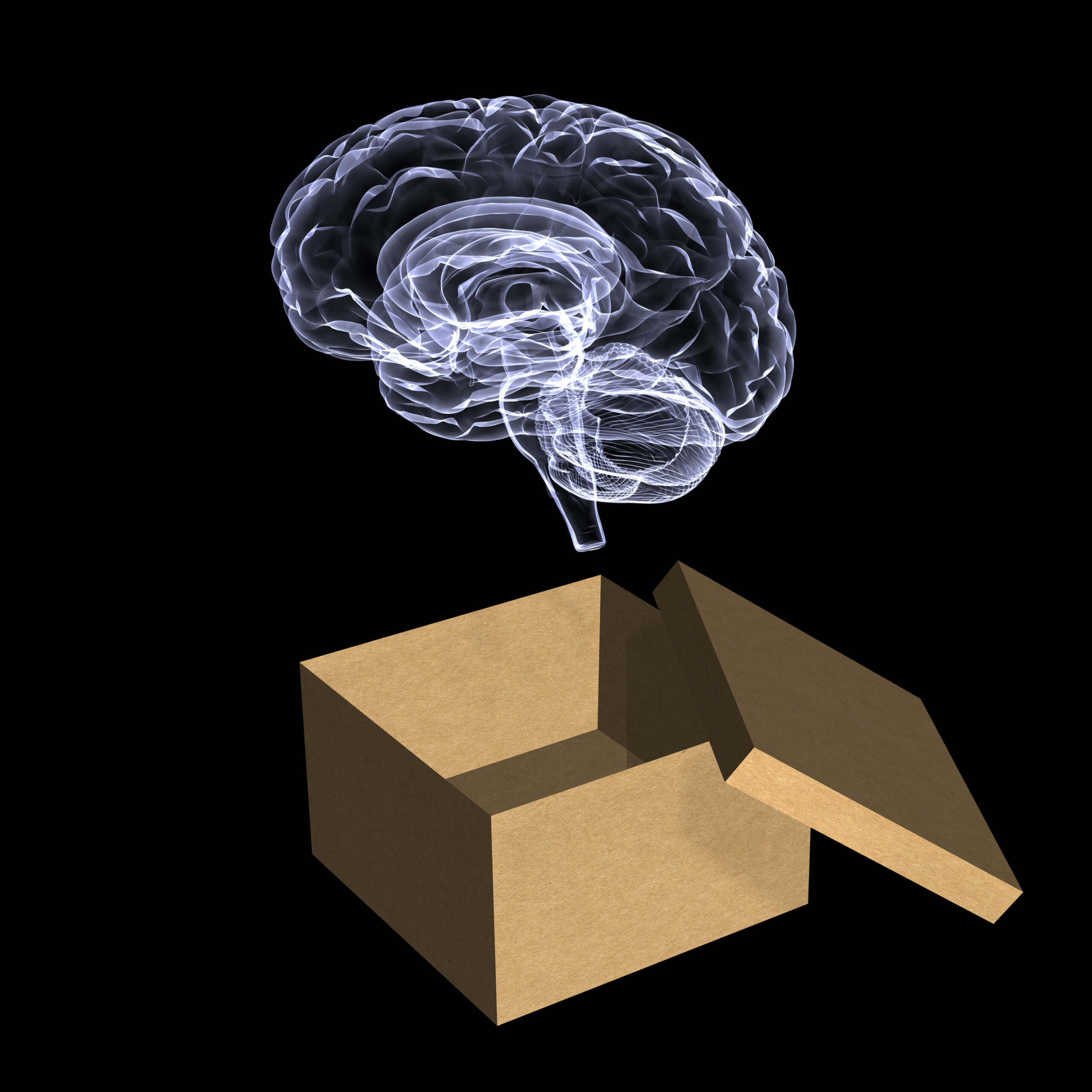drug-development
-

Beyond huntingtin lowering: out-of-the-box approaches for the treatment of HD
The HD pipeline is rich and varied. Let's talk about some out-of-the-box approaches for developing drugs for HD that don't involve huntingtin lowering.
By Kelly Andrew -

Drug to treat movement symptoms of HD approved by FDA
The FDA has approved valbenazine, also known as INGREZZA, as a treatment for the movement symptoms of Huntington’s disease
-

Disappointing news from Novartis about branaplam and the VIBRANT-HD trial
Novartis have announced that they are ending development of the drug branaplam in Huntington’s disease. Here, we review this latest news and its impact on the HD community.
-

Artificial intelligence to save the day? How clever computers are helping us understand Huntington’s disease.
Scientists at IBM and the CHDI Foundation have used artificial intelligence to analyse datasets from Huntington’s disease observational trials to model progression of the disease. They hope their findings will help improve clinical trial design.
-

A spoonful of branaplam helps the huntingtin go down
Branaplam was originally designed to treat spinal muscular atrophy, but a new paper outlines how it could hold promise for treating Huntington’s. This oral drug lowers huntingtin protein and will now be tested in a study called VIBRANT-HD.
-

A first for CRISPR gene editing could have wider applications for human disease
A successful early trial of a drug for Familial Transthyretic Amyloidosis showed that CRISPR gene editing could be safely used in the human body. What does this mean for gene editing in HD?
-

Huntington’s disease clinical trial round up
Catch up on all the latest Huntington's disease clinical trial news in this one stop shop article covering all of the recent developments in making medicines for Huntington's disease
-

Good news from uniQure: gene therapy trial on track, and promising data in animals
The first group of 10 participants have been dosed in uniQure’s clinical trial of an HD gene therapy, and three new manuscripts describe safe, widespread huntingtin lowering in animals.
By Dr Leora Fox

